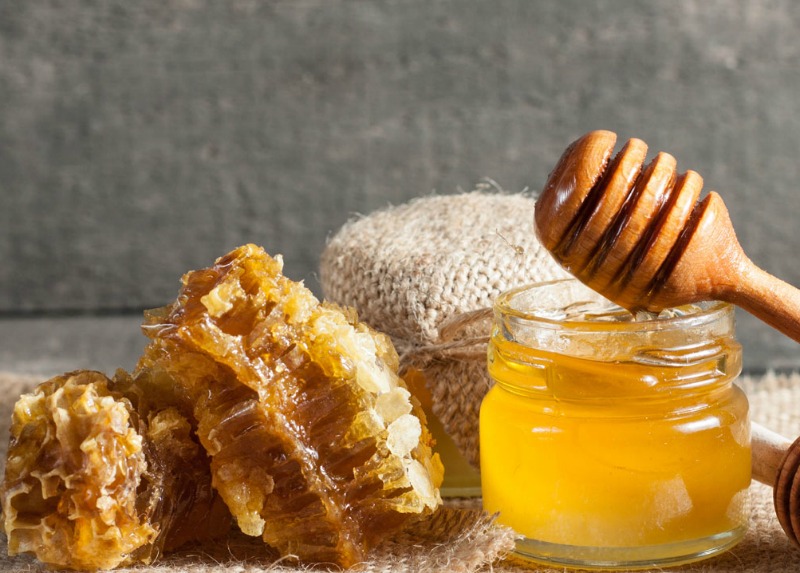Beekeeping project empowers young woman
BEES sting and kill many people the world over but when handled properly they provide a huge source of income, with very little input from the keeper.
In Mapfumo Village under Chief Njelele in Gokwe North, 26-year-old Ms Zodwa Mashindi boasts of earning a living from beekeeping.
Ms Mashindi faced numerous challenges in her youth.
She grew up in a vulnerable household, where her parents struggled to make ends meet.
Despite these challenges, Ms Mashindi had a strong desire to succeed and make a difference in her community.
In secondary school, she was supported by Camfed Zimbabwe, an organisation dedicated to empowering young women through education.
Camfed was launched in 1993 to tackle girls’ exclusion from education.
Through the organisation’s support, she was able to complete her secondary education and receive training as a business guide.
The mother of two said she can now realise meaningful profits from the project and this has since transformed her life.
Ms Mashindi can now look after her family and is building a home and a shop using proceeds from selling honey.
She said she will soon be processing honey into other products, as part of her value-addition strategy.
“In 2013 I was in Form Three and my parents told me that they could no longer afford to pay my tuition fees. I was devastated because being a girl child and staying home, the next thing was going to be an early marriage which affects a lot of young girls who fail to go to school,” she said.
Ms Mashindi said thanks to Camfed, she managed to sit for her Ordinary Levels and was then trained on a beekeeping project.
“This project has empowered me very much. This is my first time venturing into apiculture. Now I have 36 bee hives and plans are underway to add more so that I harvest more honey and make more money,” she said.
“My life has changed greatly because I can now buy food and clothes and I am paying fees for orphans and the less privileged children in my area. I managed to buy a stand and am in the process of constructing a shop.”
She admits that people find it unusual for her to be engaged in beekeeping.
“Sometimes people make jokes when talking about beekeeping because they often think of it as a calling for men or older retired people,” said Ms Mashindi who now employs three people.
If not attending to beehives, she spends a lot of time on the road travelling to South Africa to buy clothes for resale.
“I am now into buying and selling and I go to South Africa to buy clothes for reselling and all that started with money from beekeeping,” said Ms Mashindi.
Besides transforming her fortune through beekeeping, the project also successfully helped safeguard the dwindling forests.
A 300ml bottle of honey collected from beehives sells for about US$2.
She said after completing her training, she decided to pursue beekeeping as a business.
“I started with just a few hives, but over the years I have expanded the operation to include over 36 hives.
“As I said, beekeeping has not only provided me with a source of income but has also helped to improve the health of my community by providing access to locally produced honey.
Added Ms Mashindi, “In addition to beekeeping, I am also involved in gardening. I grow a variety of vegetables, which I sell at the local market. My success in these ventures has made me a role model for young women in my community.”
Agritex
Mr Tawanda Chataka, the district Agritex officer, said Ms Mashindi’s story is one of perseverance and determination.
“Despite the challenges she faced growing up, she was able to overcome them with the help of Camfed and her own hard work. Through her success in beekeeping and gardening, she has become a role model for young women in her community and an inspiration to all those who face similar challenges,” he said.
Mr Promise Chapfuradombo of Camfed said the organisation assisted Ms Mashindi by apiculture production.
“The organisation paid for her fees and later trained her in beekeeping and is now very successful in that field. We also assist her in looking for honey markets locally and advising her to look for more markets elsewhere. She managed to build a shop through profits of selling honey from apiculture production at Mapfumo business centre,” he said. — chronicles









